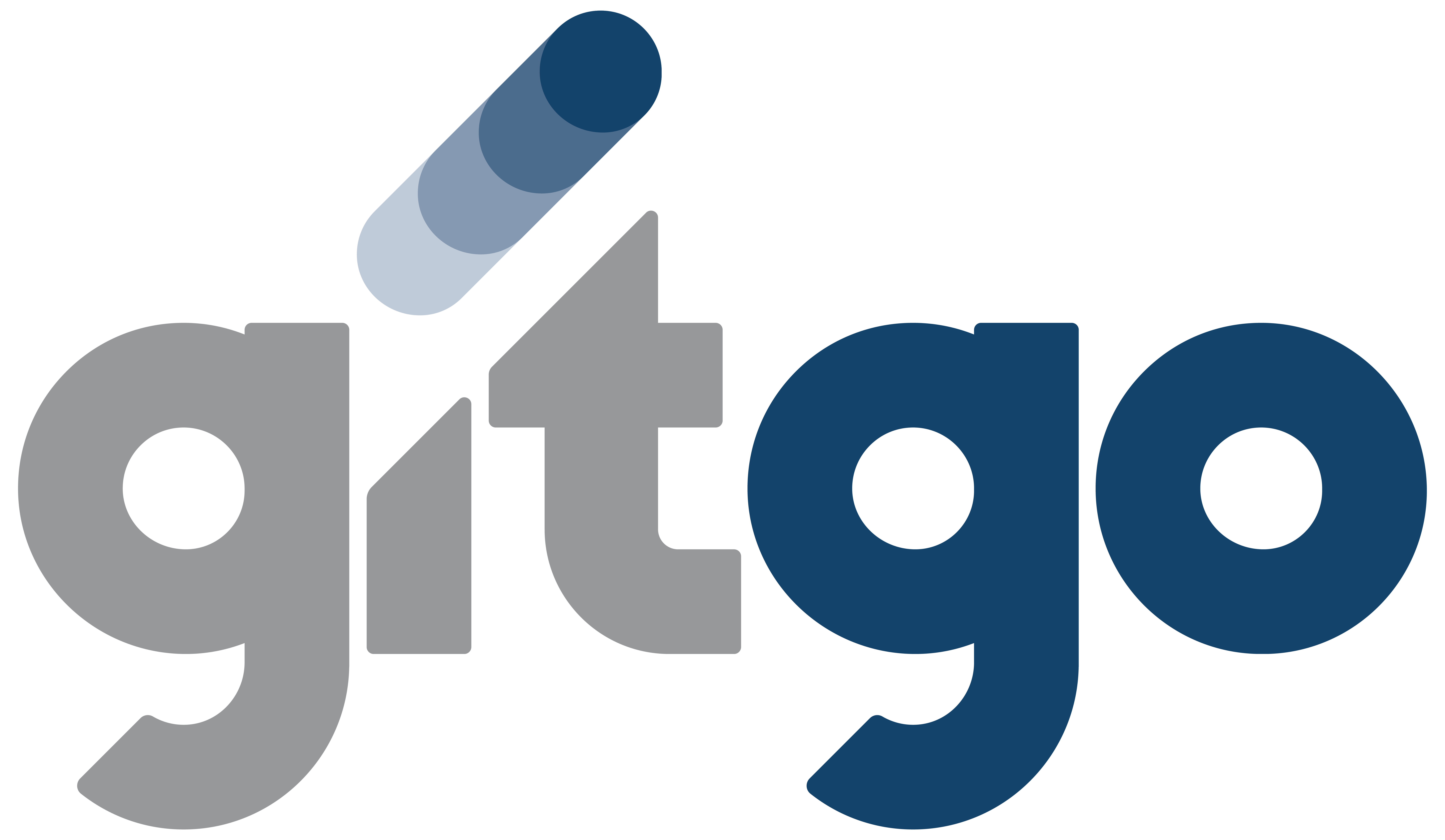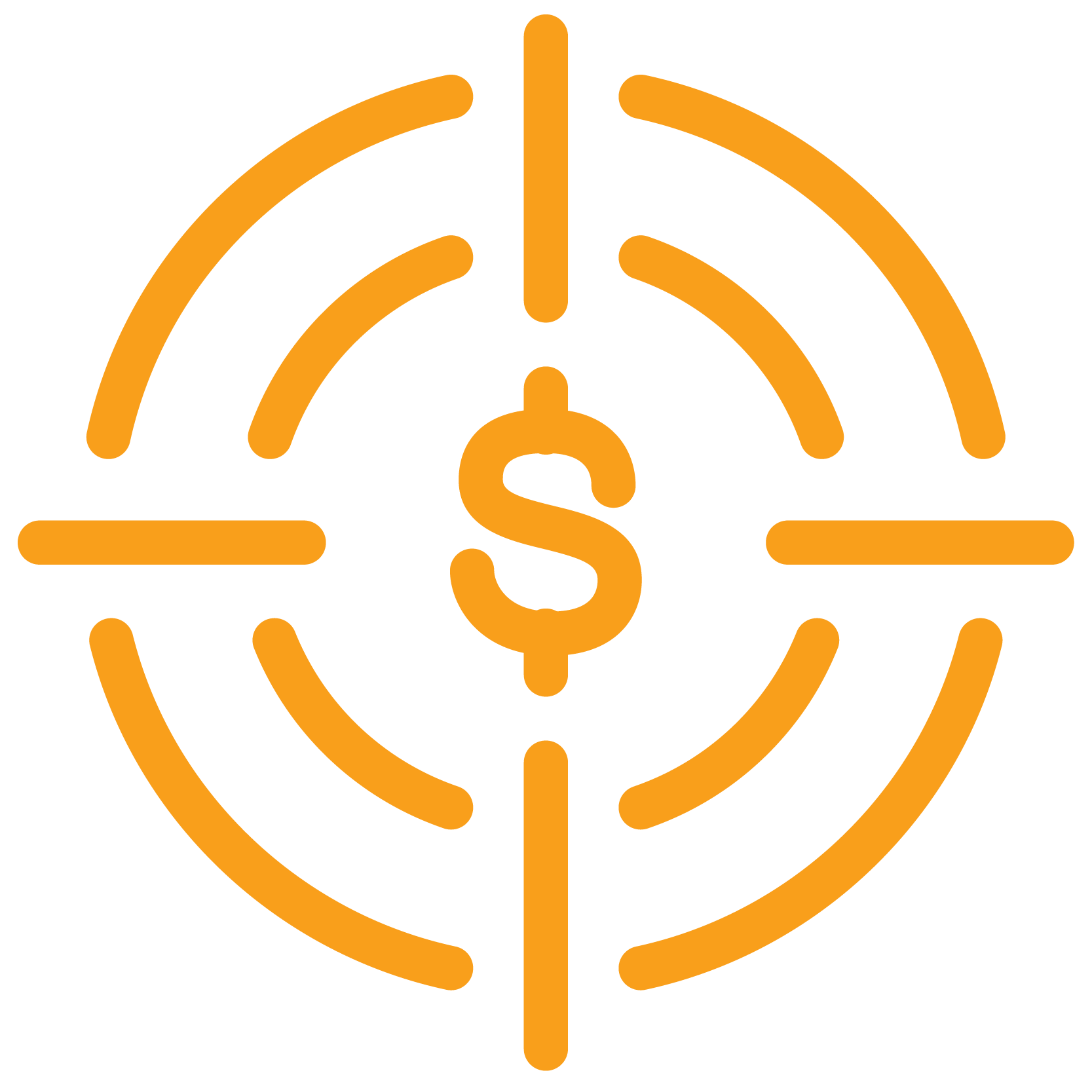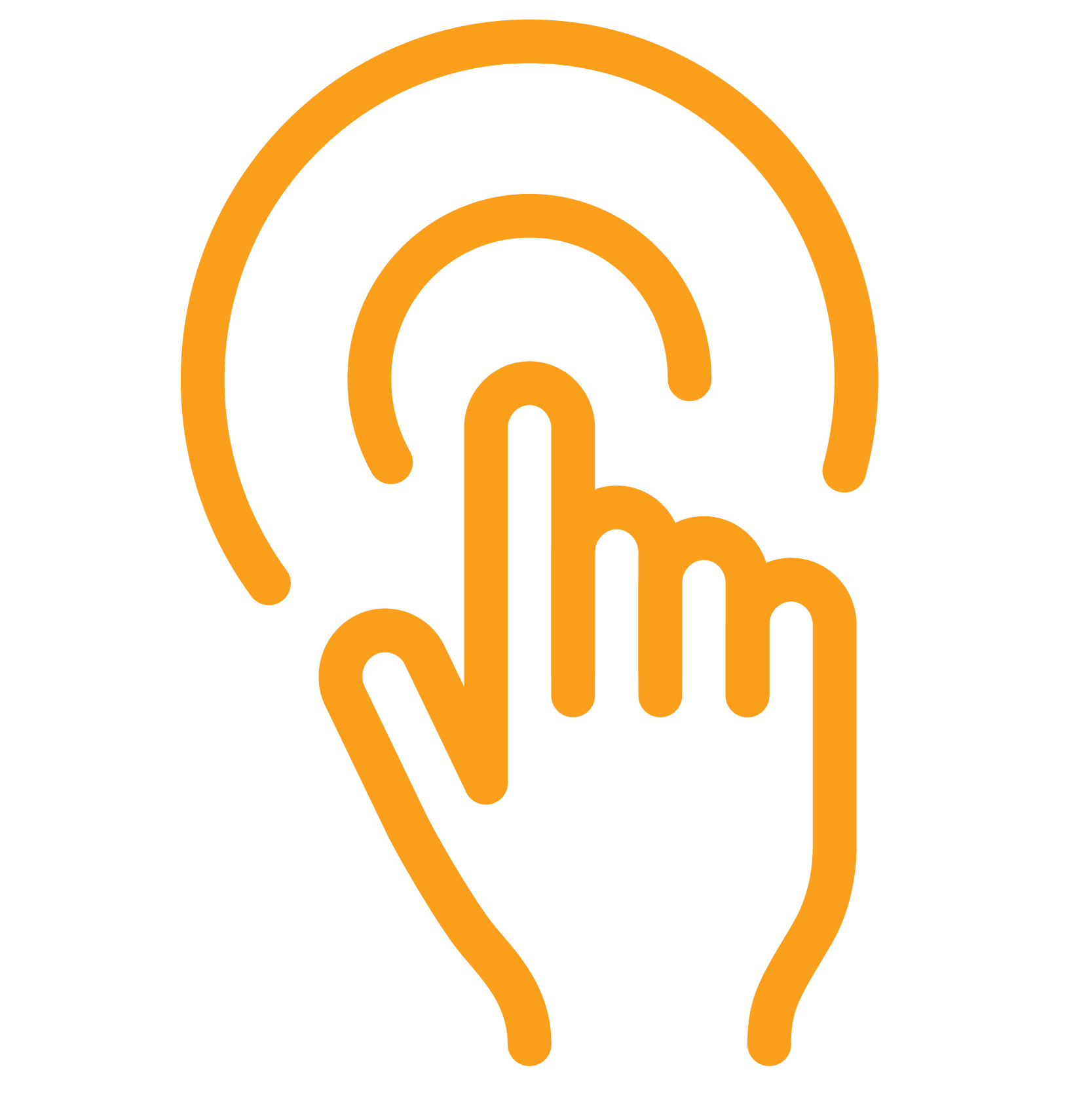Industrywide, I hear a lot of chatter about driving revenue through better deployment—more salespeople, more outreach, more campaigns. But here’s the truth: more isn’t always better. Especially in the small business segment, where agility and personalization matter most, what we need isn’t just more effort—it’s smarter integration.
Too many commercial leaders still treat sales and marketing as separate silos, relying heavily on manual processes and disconnected tools. This is especially true in the hotel space, where I’ve seen firsthand how much time and opportunity is lost because teams aren’t aligned, systems don’t talk to each other, and processes aren’t built for scale.
The Small Business Segment: High Value, Low Optimization
Small business travelers are a goldmine—frequent, loyal, and often underserved. Yet many hospitality teams still approach this segment with outdated playbooks. Sales teams are manually prospecting local businesses, marketing teams are running generic campaigns, and CRM data is either incomplete or underutilized.
According to Forbes, nearly 42% of hotel room revenue in the U.S. is driven by sales functions 1, yet many of those efforts are still reactive and manual. In large markets, it can take up to a year just to introduce a property to nearby businesses 1. That’s not just inefficient—it’s unsustainable.
Integration Is the New Differentiator
What’s missing isn’t effort—it’s integration. When sales and marketing teams operate from a shared strategy, supported by the right tools and processes, everything changes:
- Sales teams can prioritize leads based on real-time engagement data.
- Marketing teams can tailor campaigns to specific industries or behaviors.
- Leadership gets a clear view of what’s working and where to invest.
As Otelier points out, poor system integration is one of the top barriers to innovation in hospitality 2. When CRM, PMS, marketing automation, and business intelligence platforms are connected, teams can act faster, personalize better, and scale smarter.
What Integration Looks Like in Practice
- Unified Data: A single source of truth across sales and marketing platforms.
- Automated Workflows: Triggered follow-ups, personalized emails, and lead scoring based on behavior.
- Shared KPIs: Sales and marketing aligned on pipeline goals, conversion metrics, and revenue impact.
This isn’t just about tech—it’s about building a commercial engine that’s designed to grow with your business.
A Call to Action for Commercial Leaders
If you’re leading sales or marketing in hospitality, especially in the small business space, ask yourself:
- Are your teams aligned around the same goals?
- Are your tools integrated to support real-time decision-making?
- Are your processes built to scale, or are they still manual and reactive?
The future of revenue generation in hospitality isn’t about doing more—it’s about doing it better, together. Let’s stop treating integration as a “nice to have” and start seeing it for what it really is: a competitive advantage.
Let’s Build Smarter, Together
As a strategic advisor, I help hotel companies design and scale revenue-generating programs that actually work. At GitGo, we bring those strategies to life—integrating people, process, and tools to drive real results.
👉 Schedule a free strategy discussion if you’re ready to explore what’s possible.




